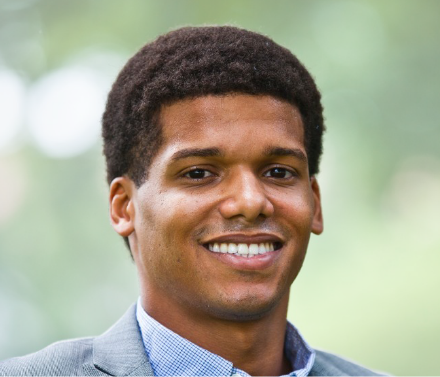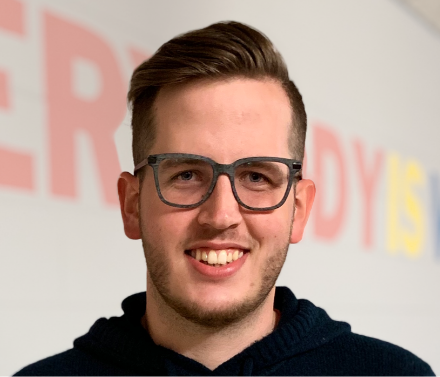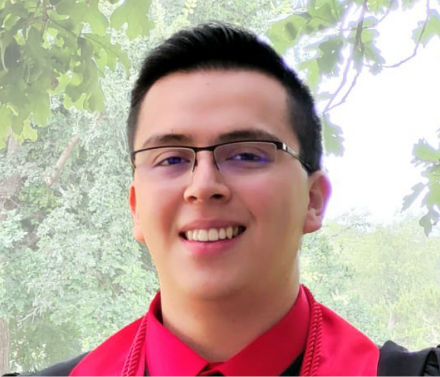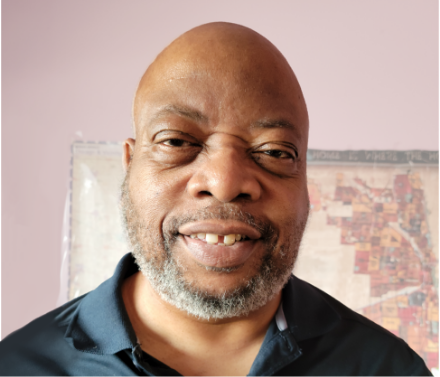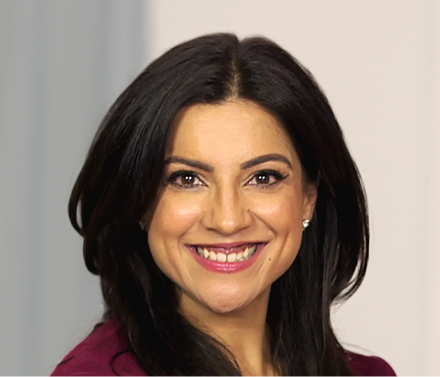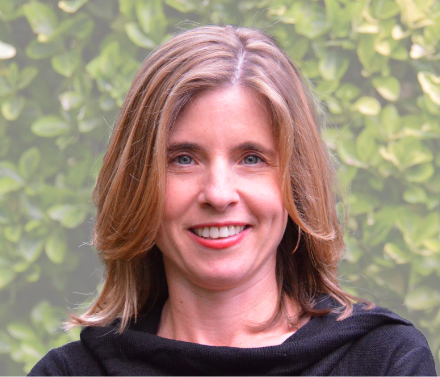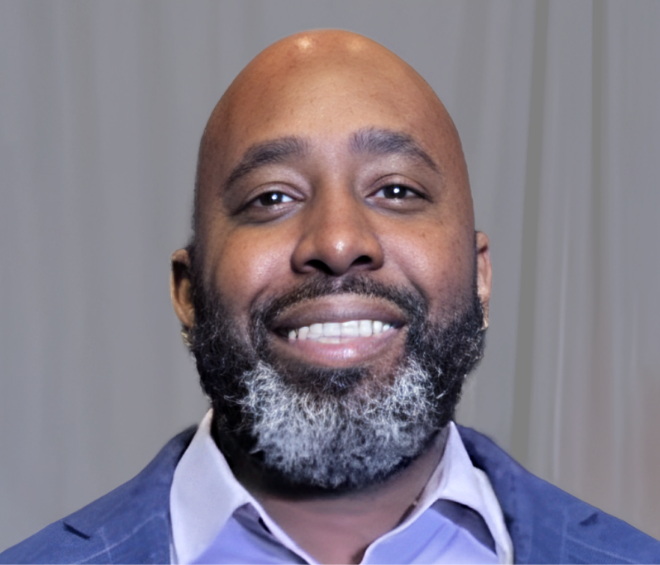I WENT TO a school in a low-income community before I was pulled into the magnet program in my district, so I saw the stark inequalities in resources between what I got and what students in my other school were getting. I got involved with the Kentucky Student Voice Team in my freshman year of high school. It’s a student-led organization that works to try and advance an education system that’s more just.
Gen Z is a lot more communitarian. To me, that’s really powerful—the idea that doing good looks like doing good for as many people in our community as possible.”
Going through the education system while simultaneously trying to create change within it—I realized how difficult it is to silo education from other avenues of life. Schools are so important for students, in terms of accessing basic needs like food or having a safe place to go, but also supports like mental health. In order to shape better schools, we have to change so much around our schools as well.
Gen Z is a lot more communitarian in the sense that there’s an orientation towards the group. There’s this belief in communal welfare at a deeper level. To me, that’s really powerful—the idea that doing good looks like doing good for as many people in our community as possible. A lot of people feel frustration with the political process, so there’s a drive to look beyond political systems for support. What does it look like when we are there for each other and care for each other and create the systems we need?
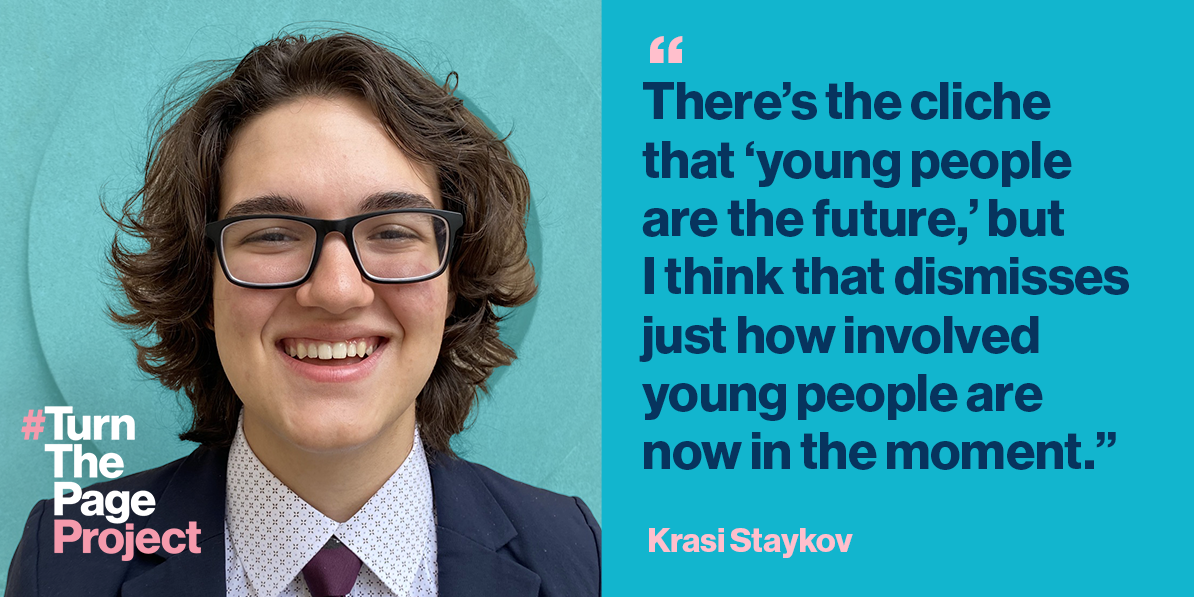
SHARE KRASI’S PERSPECTIVE!
There’s the cliche that ‘young people are the future,’ but I think that dismisses just how involved young people are now in the moment. We’re on the ground. We witness systems from a fundamentally different perspective than people who are older than us. We have different world views and different life experiences. Young people are often seen as not having enough agency or awareness to engage in those conversations, which isn’t true.
Sometimes there can be skepticism toward bridge building because it has been a way to wave off inequality in favor of meeting people where they are. But I think there is real power in meeting people where they are—knowing that inequality is not acceptable, but there are ways to communicate your values and lived experiences in a way that makes people more responsive to pursuing justice.
